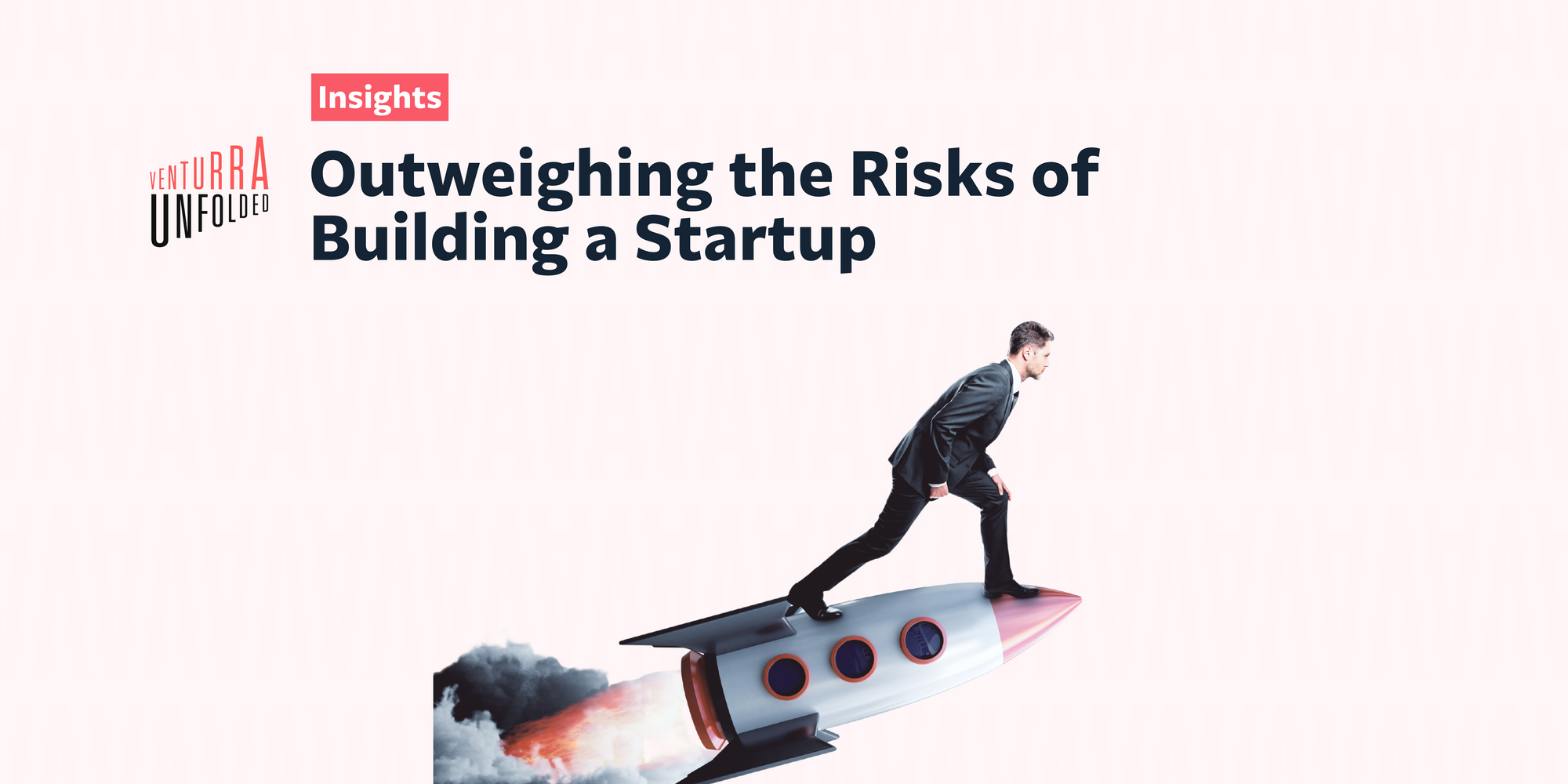Outweighing the Risks of Building a Startup

Starting a startup is a risky business. Despite the many success stories we hear about in the media, the reality is that most startups fail. In fact, according to a study by Harvard Business School, about 75% of all startups fail. So, why do so many entrepreneurs continue to take on the challenge? The answer is simple: the potential rewards outweigh the risks.
In this article, we'll take a closer look at the risks involved in starting a startup and what entrepreneurs can do to mitigate those risks. We'll also discuss how venture capitalists evaluate startup risks and what founders can do to make their startups more attractive to investors.
The Risks of Starting a Startup
There are many risks involved in starting a startup, some of which include:
- Financial Risk: Starting a business requires a significant amount of capital. Most entrepreneurs bootstrap their startups or rely on friends and family for funding. This can be a risky strategy, as it puts a lot of financial pressure on the founder and their loved ones.
- Market Risk: Startups often enter markets that are untested or unproven. This means that there is no guarantee that there is a demand for their product or service.
- Execution Risk: Even if there is a market for the startup's product or service, execution is critical. Many startups fail because they are unable to execute on their business plan.
- Competition Risk: Competition is fierce in many industries, and startups often have to compete against established players with deeper pockets and more resources.
Mitigating Startup Risks
While there is no way to eliminate all the risks involved in starting a startup, there are steps that entrepreneurs can take to mitigate those risks. Some of these steps include:
- Conducting Market Research: Before starting a business, entrepreneurs should conduct market research to ensure that there is a demand for their product or service.
- Building a Strong Team: A startup is only as strong as its team. Founders should focus on building a strong, diverse team that can execute on the business plan.
- Raising Sufficient Capital: Entrepreneurs should ensure that they have enough capital to cover their startup costs and sustain the business until it becomes profitable.
- Developing a Sound Business Plan: A solid business plan can help entrepreneurs mitigate many of the risks involved in starting a business. It should include a detailed analysis of the market, a clear value proposition, and a sound financial plan.
How Venture Capitalists Evaluate Startup Risks
Venture capitalists (VCs) are in the business of taking risks. They invest in startups that have the potential to generate high returns, but they also know that most startups fail. So, how do VCs evaluate the risks of a startup?
VCs typically evaluate startups based on four key factors:
- Market Size: The size of the market is an important factor in evaluating the potential of a startup. A large market means there is more potential for growth.
- Market Traction: VCs look for startups that have already gained some traction in the market. This can include customer acquisition, revenue, or partnerships.
- Team: The team behind the startup is critical. VCs look for strong, experienced founders who have a track record of success.
- Product: Finally, VCs evaluate the startup's product or service. They look for unique, innovative products that have the potential to disrupt the market.
The Verdict
In conclusion, starting a startup is a risky endeavor that requires a lot of time, effort, and resources. However, with careful planning, diligent execution, and a strong network of support, the rewards can be immense. As a venture capital firm, we believe in the power of innovation and entrepreneurship to drive positive change in the world. We encourage aspiring startup founders to take calculated risks, learn from failures, and continue pushing forward toward their goals. With persistence, perseverance, and a little bit of luck, anything is possible.

